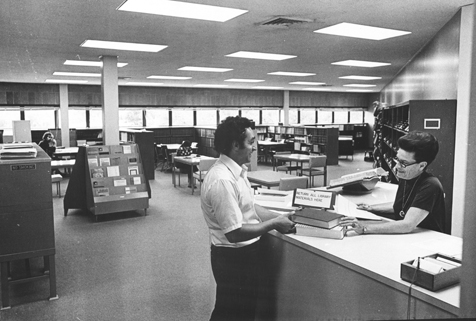
Faculty Research 1970 - 1979
Allogeneic placenta is a paternal strain antigen immunoabsorbent.
Document Type
Article
Publication Date
1979
Keywords
Animal, Antibodies, Antibody-Specificity, Female, Fetus: su, H-2-Antigens: im, Male, Mice, Mice-Inbred-BALB-C, Mice-Inbred-CBA, Mice-Inbred-C3H, Mice-Inbred-C57BL, Placenta: im, me, Pregnancy
First Page
270
Last Page
274
JAX Source
J-Immunol. 1979 Jan; 122(1):270-4.
Abstract
A partially purified 125I-labeled antibody directed against the murine major histocompatibility complex and injected i.v. pregnant females is selectively absorbed by the placenta when the fetus bears the appropriate targen antigen. The placenta specifically absorbs the antibody at both 13 days and 17 days of gestation, and the differential uptake is found as early as 2 hr after injection and as late as 12 hr. It is also seen in 13-day placentas that have had the fetus removed surgically, indicating that fetal circulation is not essential for the absorption to take place. Specificity controls eliminate the possibility that the differential uptake is due to Fc receptor binding or undefined effects of hybrid vigor. This increase in binding is not seen in the livers, spleens, kidneys, or lungs of the pregnant females. There is a slight decrease in radioactivity in the serum. These results indicate that the placenta is a paternal antigen-bearing immunoabsorbent that could serve as a barrier between the maternal immune response and the semi-allogeneic fetus.
Recommended Citation
Wegmann TG,
Singh B,
Carlson GA.
Allogeneic placenta is a paternal strain antigen immunoabsorbent. J-Immunol. 1979 Jan; 122(1):270-4.

